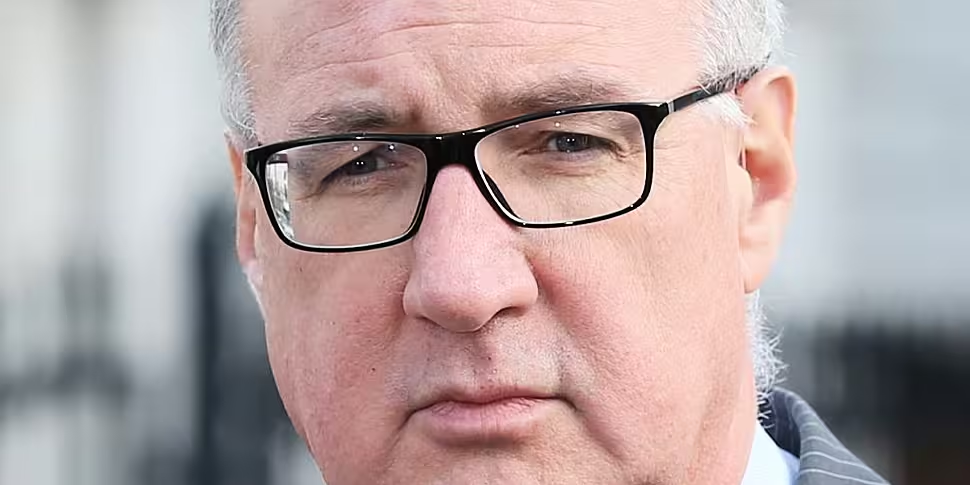A leading oncologist is calling for cervical cancer screening to be back up-and-running in the next month.
Professor John Crown also says it's necessary to start giving some management authority back to the individual hospitals to treat non-COVID related illnesses.
There has been a sharp drop in screening numbers since the start of the coronavirus outbreak, with some services suspended as health officials focused on responding to the current crisis.
Prof Crown, a consultant medical oncologist at St Vincent's Private Hospital, told The Hard Shoulder that emergency measures were necessary, but it’s now time to look at resuming all services.
Prof Crown said some delays may have been necessary initially given the circumstances - but there’s now a need to get back up-and-running as soon as possible as we approach three months of significant curtailment of many non-COVID services.
He observed: “There was an absolute necessity to give complete priority to COVID… all the emergency measures and all the curtailment of the rest of the health service had to be done… I would make no complaint whatsoever about that.
“We’ve managed to avoid the worst of the surge, and it is now time I think to quickly think about all the other parts of the health services that have had to make compromises.”
While his own area of expertise is cancer services, he also there’s an urgent need to resume vital services in areas such as cardiology and diabetes care.
He observed: “We need to ramp up our ability to do diagnostic tests and surgery on patients who may have cancer, patients who have noticed a change in mole who need to get it seen and remove, and patients who have got a lump or complaint in their breast.”
Prof Crown noted that doctors and consultants are aware that any patients coming into hospitals do face risks in terms of potential exposure to COVID-19 while outside their homes.
He explained: “We’ve put a lot of effort over the last month or two into changing the way we do our practice - looking critically at some treatments which might have a marginal benefit and a certain level of risk.
“We have decreased a lot of what we do to try and make it safer… but ultimately the bottleneck in this now will be people accessing those primary diagnostic services - surgery, radiology, dermatologists - and then going quickly from that to having the test surgeries.
“At this stage now, we can’t put this on some indefinite long finger.”
'We could have been in awful, awful trouble'
He suggested that responsibility now needs to be given back to individual hospitals, without losing sight of the national effort to fight coronavirus.
He said: “The single biggest thing which occurred was nationalising temporarily the private hospitals - which I think was totally necessary and justified.
“There was a very belated recognition, even though some of us had been pointing out for years, that we had a catastrophic shortage of intensive care beds, intensive care specialists… if we got an Italy style pandemic surge here, we could have been in awful, awful trouble. Thank god we did not.
“There was a real recognition that they needed to free up resources and get those extra beds designated in case the COVID surge became really bad.
“So there are lots of empty beds in the system right now - a system that is [normally] chronically short of beds when people are on waiting lists or on trolleys in emergency departments.”
Prof Crown said other changes will impact productivity and efficiency in the system, as healthcare staff have to take extra precautions in terms of cleaning and social distancing.
He told Ivan: “Doing telephone consultations as opposed to seeing patients face-to-face takes much longer… people are commenting that it’s a much more tiring and intense experience.
“We probably underestimated how much non-verbal cues and seeing people were important in communications.
“We also need to reform the health system, as I’ve been saying for 27 years. We really can’t ever let ourselves get into a situation where we had such desperate shortages.”









